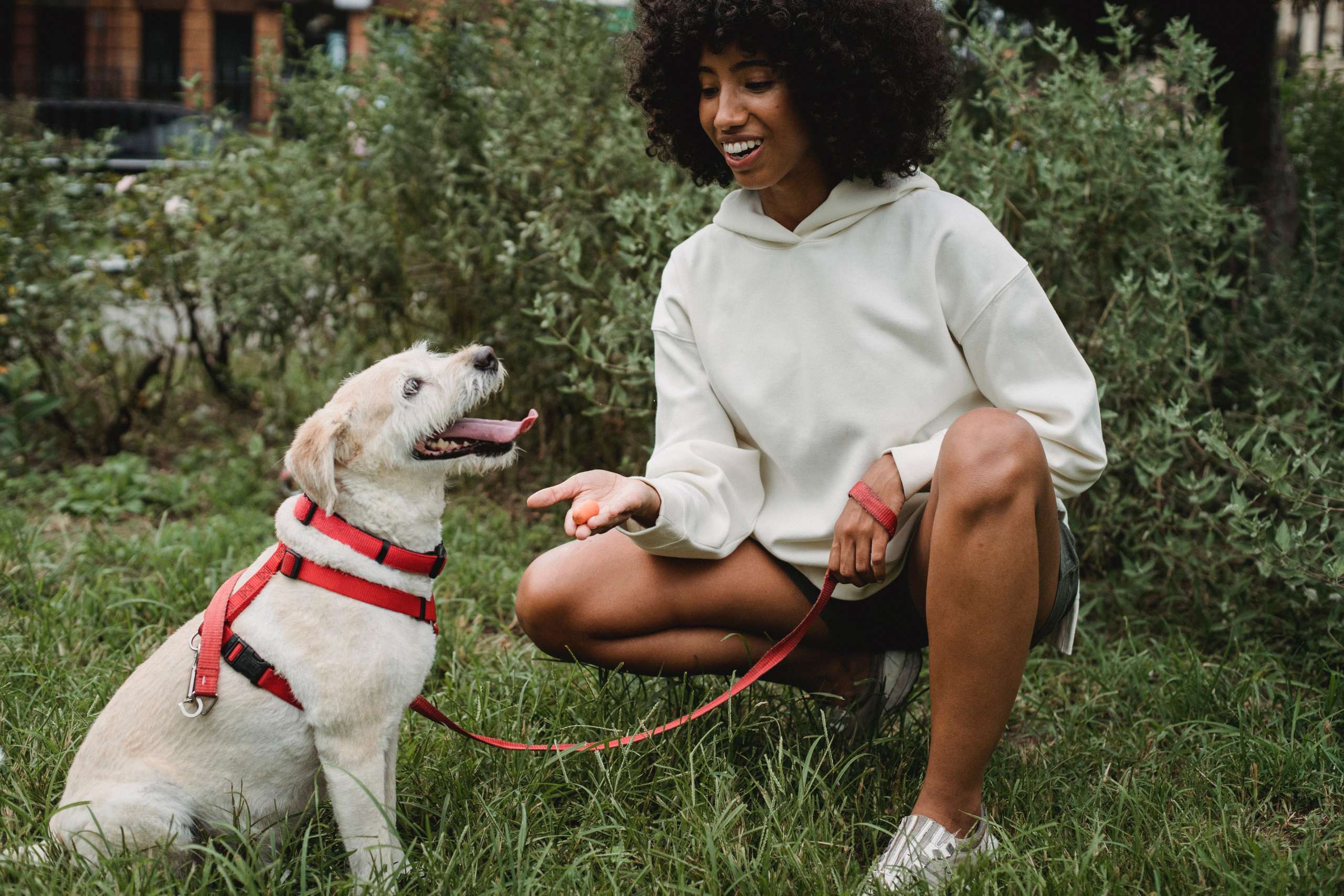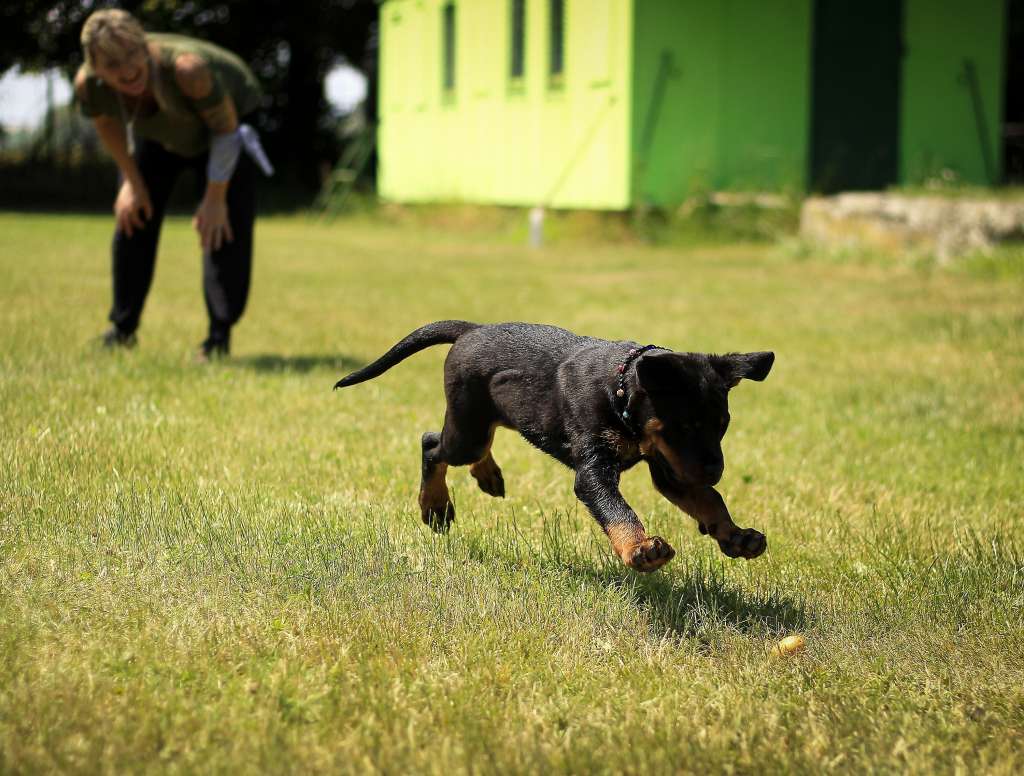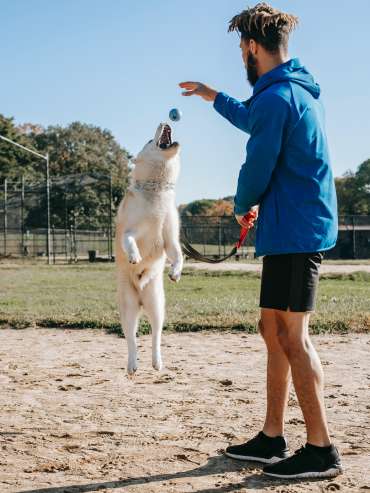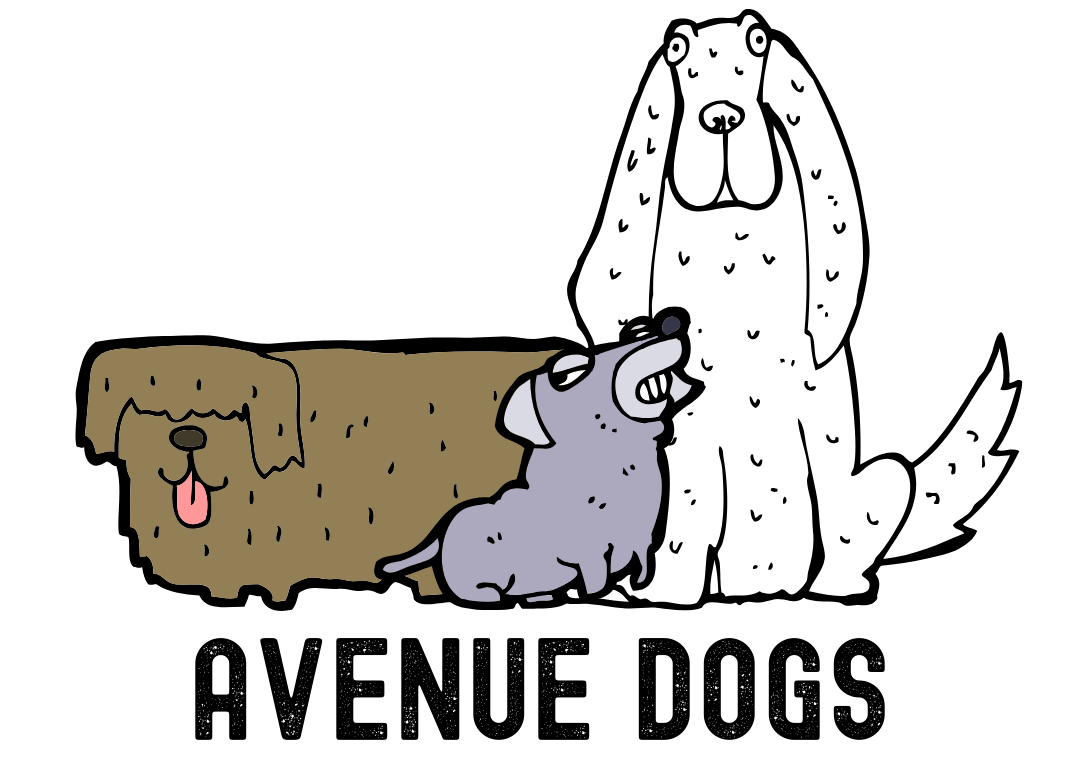


Finding a great dog trainer can make all the difference, whether you’re seeking basic puppy obedience training or more advanced dog training. If you’re a brand new dog owner, this is even more applicable. Even if you’ve had canine companions for years or have successfully trained your own dogs in the past, a professional dog trainer can help improve your skills and troubleshoot behavioral problems.
Dog training is still an unregulated industry. Anyone with a printer can print out some business cards, set up shop, and charge for their services. While there are certification programs that can be attained by professional trainers, they are not mandatory. In many cases, dog trainers don’t have any education or experience to back up their methods.
In this article, I’ll discuss how to determine if a potential trainer is the right fit for you and your dog, and touch on the different types of training.
What to Look For in a Dog Trainer



Finding a trainer may require a bit more research than you expect, but it’s important that you and your pup are both comfortable with their approach. Prior to beginning your journey, it’s a good idea to figure out what you need from a trainer. What are the particular behaviors you want to adjust? Or perhaps you have a rescue dog that needs help recovering from early traumas. This will help narrow your options.
The best trainers understand their job is to train both you and your dog. If you’re ready to learn how to make adjustments to your behavior in support of your dog’s training, keep reading to learn what questions you should ask potential trainers.
What to Ask a Potential Dog Trainer
I have rescued several dogs since I was a kid and some of them needed basic obedience and therapy training. I like to start off by asking why the trainer got into dog training. I want to know that their passion for dogs drives them, rather than being motivated only by profit.
- How long have you been training?
- How many dogs have you trained?
- Do you have a specialty (search and rescue, service dog training, therapy, agility, etc)?
- How long have you specialized in it?
- What are your methods of positive reinforcement?
- Can you give me references?
If you are able to observe a trainer in a group class, I highly recommend it. This will help you evaluate how they interact with dogs as well as their owners and whether they use positive reinforcement or physical correction methods or devices.
Types of Puppy Obedience Training



Group Classes
Group classes offer the amazing benefit of helping socialize your pup. In most cases, a trainer will invite you to observe a group session prior to enrolling in a course. If a dog trainer refuses to allow you to observe a session, move on to the next dog trainer.
Private Lessons
Private training can be done out in the world, in your home, or at the training school, depending on what issues need to be addressed. Some dogs may not be ready for a group environment, which makes this option a great starting point. In other scenarios, the behavior you want to correct only happens at home. Be prepared to pay extra for trainers who offer services outside their facility on a one-on-one basis.
Related posts:
Emily is a writer who travels full-time in a converted school bus (aka skoolie) with her 5 year old lab mix, Eliot. She is passionate about sustainability and making healthy lifestyle changes. Emily enjoys hiking and exploring the country with Eliot.
